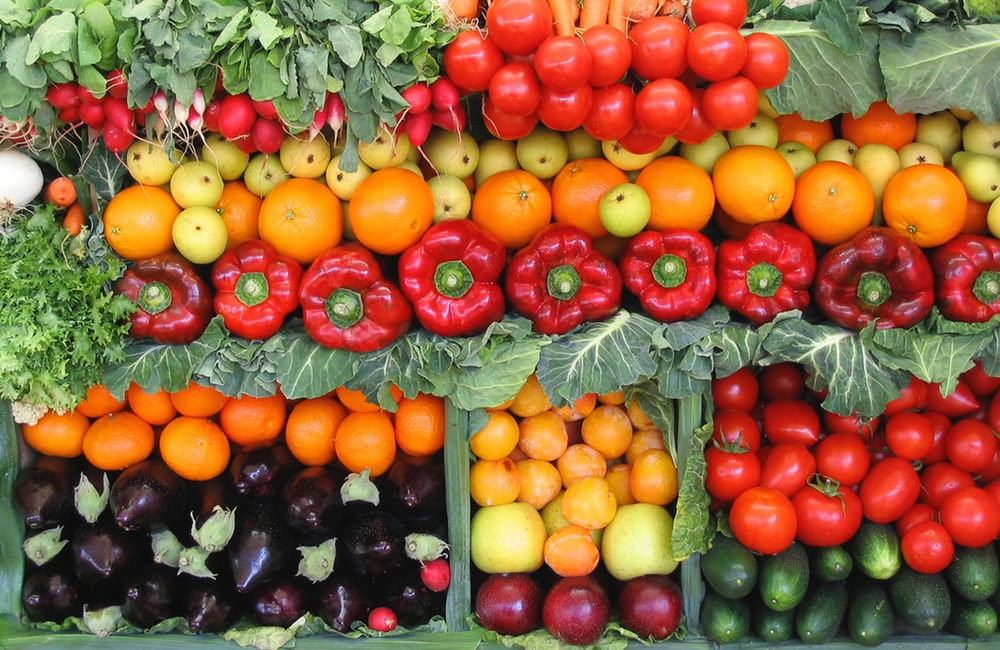People choose to go vegan for all sorts of reasons, and there is no doubt it’s a healthy way to eat. Research has demonstrated the benefits of meat-free eating. Dietary vegans are strict vegetarians. They avoid animal products — not only meat, but also eggs, dairy products and other animal-derived substances. Vegans and vegetarians (who may or may not eat milk products and/or eggs) are slimmer, have less heart disease, high blood pressure, diabetes and cancer.
As healthy as you may be if you are a vegan, you still need to be on the lookout for a number of nutritional deficiencies, according to a recent study on the nutritional health of long-term vegans. These are not hard to avoid; you just need to plan your diet wisely.
Pitfall #1 — Lack of protein and/or lack of variety in protein sources. While Americans seem to be obsessed with getting enough protein, most meat-eating Americans eat much more protein than they need, but vegetarians may not meet their needs or may not eat from a wide enough variety of protein sources.
Pitfall #2 — Low levels of beta-carotene. The lack of fruits and berries in the diet likely contributed to this finding, according to the study. Vegetarians are often so concerned about consuming enough protein from plant sources that they overlook the valuable contribution of vitamins, minerals and antioxidants from fruits and berries.
Fix — Choose a variety of fresh fruits and berries, especially when they are in season and at their finest. Otherwise, canned or frozen fruit can be substituted. Eat them as snacks, as dessert or add some to a salad.
Pitfall #3 — Failure to use nutrient-fortified food products. Nutrient deficiencies were noted among many people in the study. Taking supplements is one way to ensure sufficient intake, but that was found to be problematic when supplements weren’t taken consistently.
Fix — Fortified plant milks, breakfast cereals and meat substitutes may have added vitamin B12 and/or D, nutrients that are lacking or limited in plant foods. Incorporating them into your diet may be easier (and less expensive) than remembering to take a supplement. Orange juice fortified with vitamin D and calcium is another option to consider.
Fix — Along with taking supplements and fortified foods, be sure to spend time outside in the sun. The amount of time depends on your skin type. A light-skinned person may need 15 minutes or less of exposure, while someone with dark skin might require two hours to synthesize sufficient vitamin D.
Pitfall #5 — Low levels of selenium and iodine. The amount of these minerals in plant foods is inconsistent and depends on their content in the soil where foods are grown.
Fix — Include reliable sources of these minerals in the diet. Brazil nuts are one of the best sources of selenium, and they are also a good source of protein. Shiitake mushrooms provide selenium, as well as vitamin D. Green vegetables, lima and pinto beans and brown rice are good sources of selenium. The most reliable source of iodine is iodized salt.
Pitfall #6 — Low levels of the essential fatty acids, EPA and DHA. Diets that don’t include fish or eggs are low in these two fatty acids that may be beneficial in treating or reducing the risk of many diseases ranging from depression to cancer.
English walnuts, flaxseed, flaxseed oil and canola oil will all increase your levels of ALA. However, too much omega-6 oil from corn, soy, safflower, sunflower, sesame and vegetable oil blends will interfere with the conversion of ALA into EPA and DHA, so use oils that are low in omega-6s like olive, peanut or canola oil.
Vegan diets should include a balanced intake of seeds and nuts, legumes, whole grains as protein sources, and a wide variety of fruits, berries, vegetables and unsaturated fats. Calcium-fortified beverages are recommended along with supplements of vitamins B12, D and iodine, if your blood levels are low.
Check with your physician or a registered dietitian before taking any supplements. Some may interfere with prescription medications you are taking, and some can be toxic in excessive amounts.Too much omega-6 oil from corn, soy, safflower, sunflower, sesame and vegetable oil blends will interfere with the conversion of ALA into EPA and DHA, so use oils that are low in omega-6s like olive, peanut or canola oil.
Appropriately planned vegetarian diets are not only healthy, but may provide benefits both in preventing and treating some diseases. Receiving guidance to plan your diet from a registered dietitian (also known as a registered dietitian nutritionist) can help you avoid the pitfalls researchers found among long-term vegans.
The study is published in PLOS ONE.





